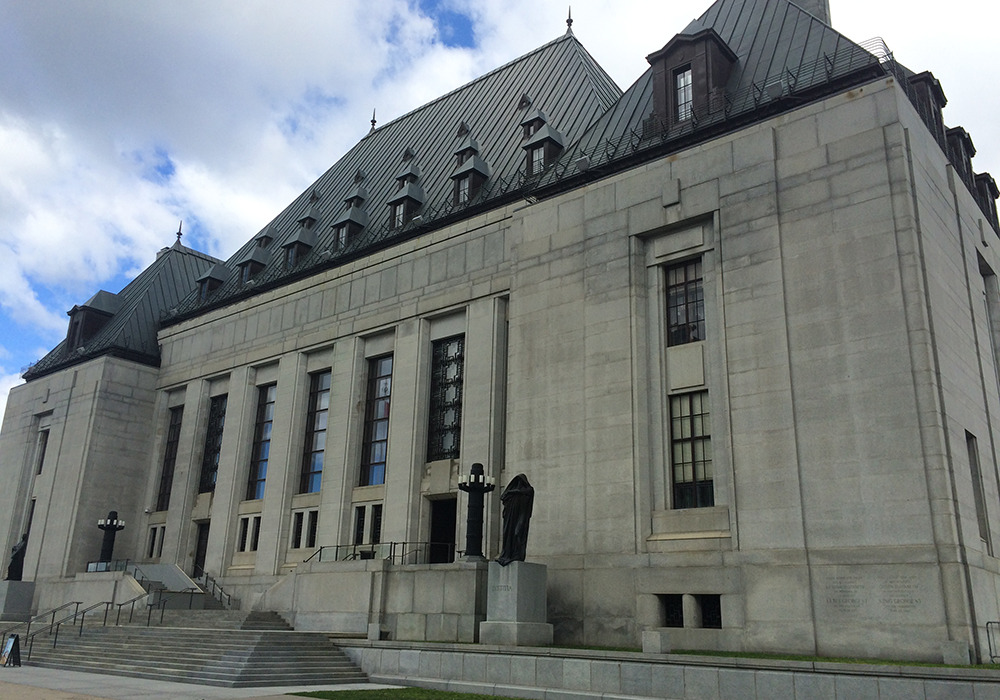The Supreme Court of Canada has ruled that the federal carbon tax is constitutional.
The court said today it had dismissed an appeal by several provinces. In a 6-3 split, the court said that reducing greenhouse gas emissions is “a matter of national concern.”
Ontario, Alberta and Saskatchewan had challenged the Greenhouse Gas Pollution Pricing Act, saying it interfered with provincial jurisdiction.
However, the court agreed with the federal argument that putting a price on carbon could be done under the constitution’s peace, order and good government clause.
Read Also

VIDEO: Agritechnica Day 4: Robots and more robots, Nexat loves Canada and the trouble with tariffs
Agritechnica Day 4: Robots and more robots, Nexat loves Canada and the trouble with tariffs.
The Agricultural Producers Association of Saskatchewan, which had sided with the province as an intervenor, was disappointed with the decision.
“APAS has estimated the cost of producing an acre of wheat will increase by $12.50 by the time the carbon tax is fully implemented in 2030,” said president Todd Lewis in a news release. “These cost increases will include trucking, rail freight and grain drying.”
He said Ottawa now has to address producers’ needs because of the impacts of its policy.
Premiers are expected to speak to the court ruling later today, but Saskatchewan premier Scott Moe issued a statement saying just because prime minister Justin Trudeau has the legal right to impose the tax doesn’t mean he should.
He noted the ruling comes with a strong dissenting opinion that warns of the implications of federal intrusion into provincial areas of jurisdiction.
Moe will announce Saskatchewan’s next steps at noon today.
“We will forge our own path without being subject to the punitive and ineffective carbon tax imposed by prime minister Trudeau and the federal government,” he said.
Contact karen.briere@producer.com
















